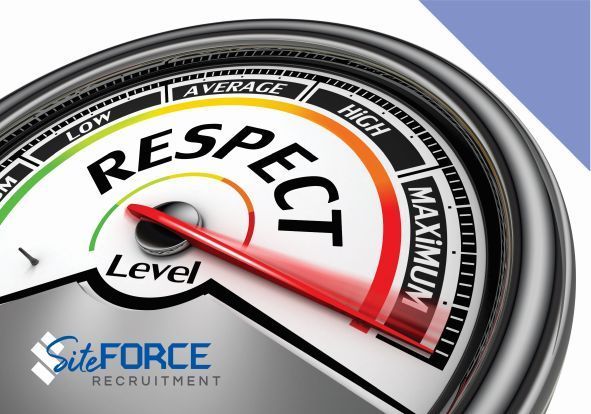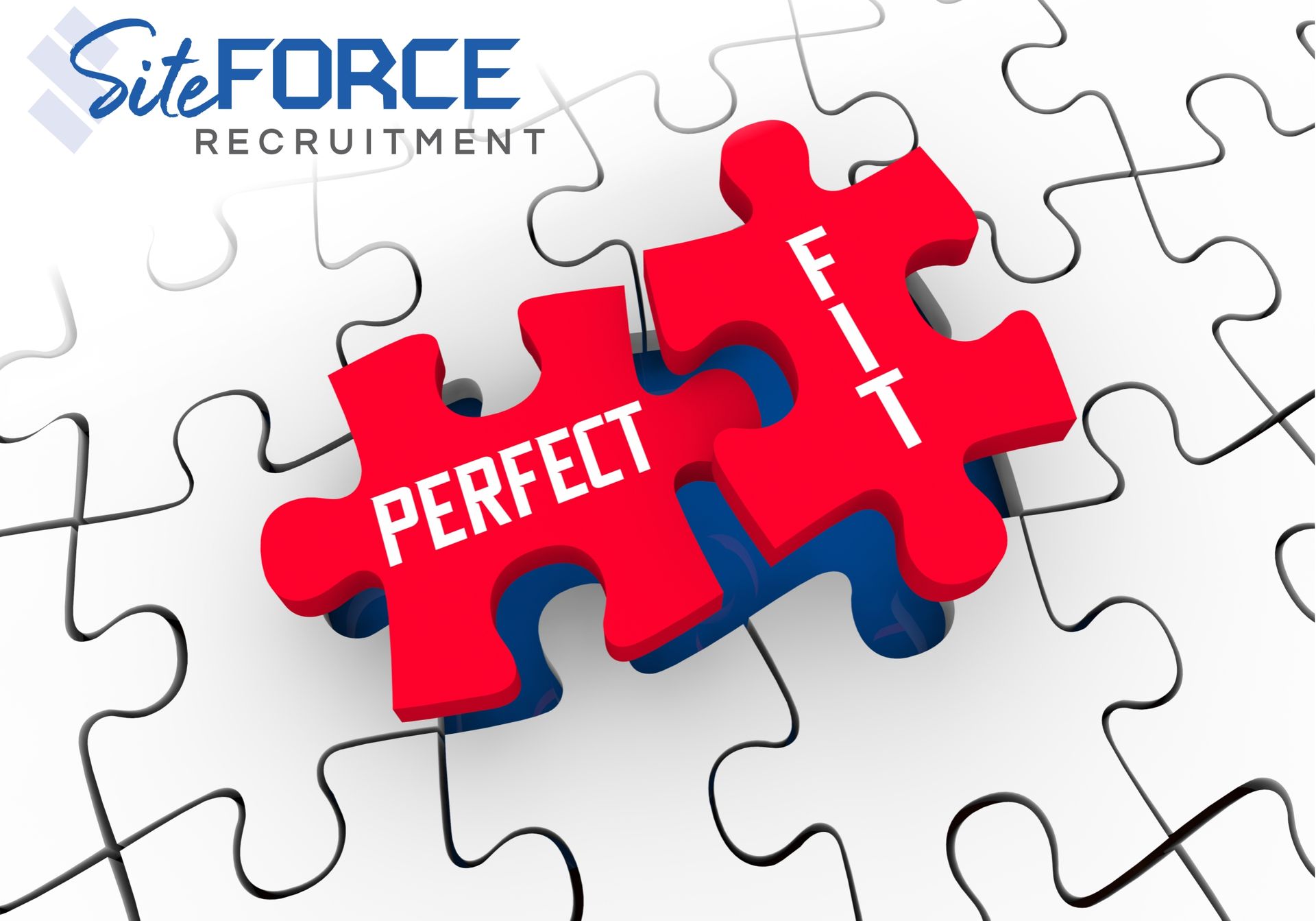AI AND JOBS: MATCHMAKING OR MISMATCHING?
Truth over Tech in Resumes

In today’s fast-paced job market, candidates are increasingly turning to artificial intelligence (AI) to craft resumes that perfectly align with job descriptions. The promise is alluring: a high-tech tool that can boost your chances of landing a job by tailoring your resume to fit the exact requirements of the role.
But does this technological trickery truly work, or is it just another gimmick? Let’s dive into the wild world of AI-generated resumes, explore some real-life examples, and reveal the pitfalls that come with this modern job-hunting strategy.
The Magic of AI in Resume Crafting
There are several AI resume builders on the market that offer services that analyse job descriptions and tweak your resume accordingly. The idea is simple: these tools scan the keywords and phrases in a job posting and ensure your resume contains the same language, thereby increasing the likelihood of passing through Applicant Tracking Systems (ATS).
It is a tick and flick approach to ensure that technology is ticking off all the pertinent sections and keywords in a job description.
Real-Life Examples:
- Dave the Civil Engineer: Dave, a civil engineer based in Sydney, used an AI tool to apply for a project manager role. The AI enhanced his resume with keywords like "stakeholder management," "risk assessment," and "Lean construction," despite Dave’s limited experience in these areas. Remarkably, Dave received an interview invitation. However, during the interview, he struggled to discuss his experience with Lean construction methodologies, leading to an uncomfortable situation.
- Tom the Project Construction Manager: A particularly bad example involved a construction project manager, let’s call him “Tom,” who used an AI tool to generate his resume and qualifications. The AI, aiming to match him to a high-level managerial role, automatically included a fabricated Master's degree in Construction Management from a prestigious Australian university. Tom, having no such qualification, found himself in hot water when the hiring company performed a background check and discovered the discrepancy. This not only cost Tom the job but also damaged his professional reputation.
- John the Software Developer: John used an AI tool to apply for a senior developer role. The AI added buzzwords like “agile,” “scrum,” and “JavaScript” throughout his resume, despite John primarily working in Python and never having led a scrum team. Surprisingly, he landed an interview, only to stumble when asked about his agile project management experience.
- Samantha the Marketing Guru: Samantha leveraged AI to apply for a digital marketing position. The AI tool emphasized her “SEO expertise” and “PPC campaign management,” which were just minor parts of her previous roles. During the interview, it became clear she was more versed in content creation than the technical aspects of digital marketing, leading to an awkward conversation.
The Research: AI’s Double-Edged Sword
Research suggests that while AI can be a powerful ally, it also comes with significant risks. According to a study by Harvard Business Review, AI-generated resumes can sometimes lead to misrepresentations or exaggerations of a candidate's skills and experiences.
Research from the Australian Human Resources Institute (AHRI) indicates that while AI-generated resumes can increase the chances of landing an interview, they also pose significant risks. A study by AHRI found that 64% of employers encountered discrepancies between the resume and the candidate’s actual skills during interviews.
Similarly, a report from Engineers Australia highlighted that employers often face challenges when candidates’ resumes, tailored by AI, do not match their real-world abilities and experiences (Jobs and Skills Australia) .
The 10 Major Pitfalls of AI-Enhanced Resumes
Using AI for resume crafting can offer numerous benefits, but it also comes with significant pitfalls that candidates and employers should be aware of. Here are ten major pitfalls of using AI in resume crafting:
1. Overemphasis on Keywords: AI tools often prioritize keyword matching to increase the chances of passing through Applicant Tracking Systems (ATS). This can lead to resumes that are overly stuffed with buzzwords, making them appear unnatural and less authentic. Keywords should be used judiciously to maintain a balance between relevance and readability (Jobs and Skills Australia).
2. Lack of Personalisation: AI-generated resumes can come off as generic and robotic, lacking the personal touch that human recruiters appreciate. Personalized elements, such as a unique cover letter or tailored accomplishments, can make a significant difference in the job application process (Jobs and Skills Australia).
3. Inaccurate Skills Representation: AI tools may misinterpret or misrepresent a candidate's skills and experiences, leading to inaccuracies. For example, an AI might exaggerate a candidate's proficiency in a particular software or skill, which can cause issues during interviews when the candidate cannot demonstrate the claimed expertise (Jobs and Skills Australia).
4. Ethical Concerns: There is a fine line between optimising a resume and fabricating qualifications. AI tools might inadvertently cross this line, including false or exaggerated claims that can damage a candidate’s reputation if discovered (Jobs and Skills Australia).
5. Limited Context Understanding: AI lacks the ability to fully understand the context of a candidate's experiences and how they relate to the job being applied for. This can result in a mismatch between the resume content and the job requirements, leading to potential misunderstandings during the hiring process (Jobs and Skills Australia).
6. Incompatibility with Company Culture: A resume crafted by AI may not reflect the candidate's fit with a company's culture and values. This cultural fit is often a critical factor in hiring decisions and can be challenging to convey through a mechanised resume (Jobs and Skills Australia).
7. Potential for Bias: AI algorithms are trained on existing data, which can include biases. This means that AI-generated resumes might inadvertently perpetuate these biases, potentially disadvantaging certain groups of candidates or emphasizing irrelevant qualifications (Jobs and Skills Australia).
8. Overlooked Soft Skills: AI tools tend to focus on hard skills and keywords, often overlooking important soft skills such as communication, teamwork, and leadership. These soft skills are crucial for many roles, particularly in fields like construction where teamwork and on-the-spot problem-solving are essential (Jobs and Skills Australia).
9. Dependency on Technology: Over-reliance on AI for resume crafting can lead candidates to neglect the importance of human touch and intuition in the job application process. It’s essential for candidates to review and customise AI-generated resumes to ensure they accurately represent their qualifications and personality (Jobs and Skills Australia).
10. Security and Privacy Concerns: Using AI tools often involves uploading personal data to third-party platforms. This raises security and privacy concerns, as sensitive information could be exposed or misused if the platform is not adequately protected (Jobs and Skills Australia).
And... who is checking Truth Over Tech?
Ah, the million-dollar question. While AI can help you get your foot in the door, it’s experienced and quality recruiters and hiring managers who ultimately filter out the fluff. Here’s how they do it:
- Behavioural Interviews: Hiring managers ask candidates to provide specific examples of past work, which can quickly reveal any exaggerations.
- Technical Assessments: For technical roles, practical tests and assessments can expose the true extent of a candidate’s skills.
- Reference Checks: Speaking with former employers or colleagues can provide insights into the candidate’s actual experience and capabilities.
- In-Depth Questioning: Probing questions about the details of past projects and responsibilities help uncover any inconsistencies between the resume and reality.
Things to Be Aware Of
- Authenticity Matters: Ensure that your resume reflects your true experience and skills. Tailoring is fine, but honesty is crucial.
- AI is a Tool, Not a Solution: Use AI to enhance your resume, but don’t rely on it entirely. Combine it with your own knowledge and understanding of the job.
- Prepare for Interviews: Be ready to discuss everything on your resume in detail. If an AI tool added something you’re less familiar with, make sure to study up or be prepared to explain your learning curve.
Moving Forward
While AI can be a valuable tool in the resume crafting process, it’s not without its drawbacks. Candidates should use AI to enhance their resumes, not to fabricate their qualifications. Authenticity, preparation, and honesty remain paramount. And remember, no AI can save you if you can’t back up your resume with real-life experience and knowledge. So, use AI wisely, and always be ready to answer the question: “Who the f&*$ is filtering out the lies?” The answer, as always, is a savvy recruiter who values truth over tech.
In conclusion, the marriage of AI and resume writing is a fascinating development in the job market, but it’s essential to approach it with caution and integrity. Use AI as your ally, but remember that at the end of the day, it’s your skills, experiences, and authenticity that will land you the job.
You may also like to read my article about effective resumes and tips to include at: “Resumes That Rock: Crafting Stand Out Resumes to Land Your Dream Job (and Make Your Friends Jealous!).
And for the Recruiters, you may like: “The Limitations of Personality Indicators in Recruitment: Recruiter’ Intuition and The Bullshit Factor”
Our Superpower
Our leading 'superpower' is attracting and retaining quality team members who share our values of honesty, integrity, diligence, and service, allowing us to deploy quality team members on client sites quickly.
Our team member's superpower is being motivated, prepared and ready to enthusiastically contribute to the projects at hand, more than just a pair of hands.
Related articles:
Read other informative articles for both employers and workers at: https://www.siteforcerecruitment.com.au/blogs
Chantal Penny is the Director with Superpowers of SiteForce Recruitment. A thought leader in the industry, Chantal, based on her expertise and industry perspective, offers unique guidance, inspiration, and influence in the industry. Chantal Penny is also a thought leader in the industry with her Podcast, Talent Instinct, which is available at:
https://talentinstinctpodcast.libsyn.com/site
At SiteForce Recruitment, we specialise in labour-hire and permanent recruitment in the construction industry. We are committed to valuing people, safety and wellbeing, collaboration, trust and, of course – results!
CONNECT with us via our contact page or bookings links on our website if you are looking to recruit for, get your dream job, or join our amazing labour force team.











